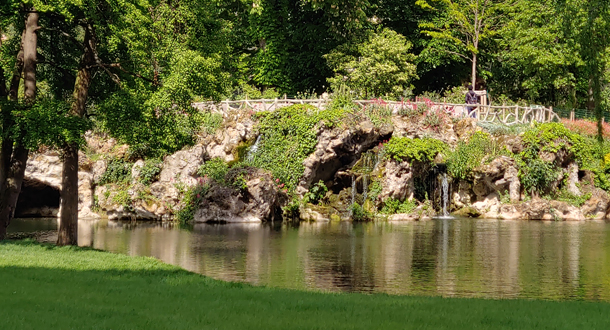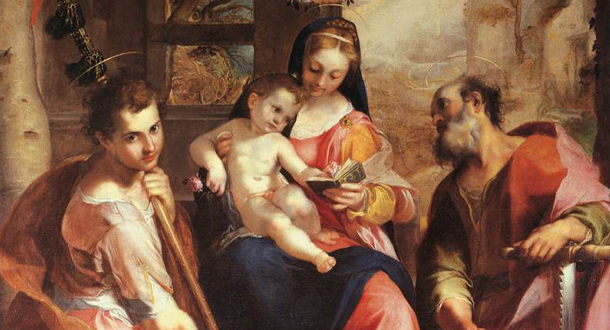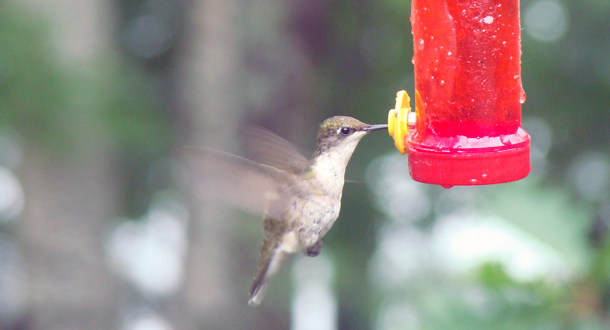
Scripture:
Reflection:
Once Lost…now Found – and Always Loved
Jesus came to reach out to sinners and offer them salvation – and in doing so He provoked the religious leaders of his day! Jesus freely proclaimed that He had come to call sinners, not the self-righteous; He used the engaging parables of a lost sheep, a lost coin to drive home His message. The Pharisees judged Jesus’ ministry and murmured about the kind of company Jesus was keeping – complaining that Jesus even eats with sinners! (Really? … If Jesus had not eaten with “sinners”, He would have had to eat alone!)
With the love shared us in Jesus, we know that firsthand that God values each human being, saint or sinner. We’re worth so much more than a single sheep or a single coin. God rejoices in loving us and sharing life with each of us. Jesus the Good Shepherd diligently cares for us, calls for a change of our heart and a renewed focus on love and life as we follow His example.
In today’s reading from Romans 14, St. Paul is our ever-faithful cheerleader in responding to Jesus’ call to personal renewal and loving service. As we face our many 21st Century challenges, Paul encourages us: Don’t live for yourself, live for God; don’t judge or look down on others; give praise to God! All are part of sinful humanity, needing redemption by our loving Savior who seeks us out, “lights the lamp”, “sweeps the house” – and rejoices with us as we are revived! As members of the Passionist Family, our meditation on the Cross of Jesus puts it all into perspective: Jesus’ outstretched arms lovingly embrace us all.
This November, we thank God for Jesus, for the lives of “official” and “everyday” holy women and men saints, for the bounty of the earth, and our commitment to care for our common home. We are loved by God as we are – and as we can be! Psalm 27 proclaims for us: God is our light and our salvation…we have no need to fear…God’s bountiful love is freely showered upon us. May our lives witness a heart-felt “Amen!”
Fr. John Schork, C.P. is the Vocation Director for Holy Cross Province. He lives at St. Vincent Strambi Community in Chicago, Illinois.







